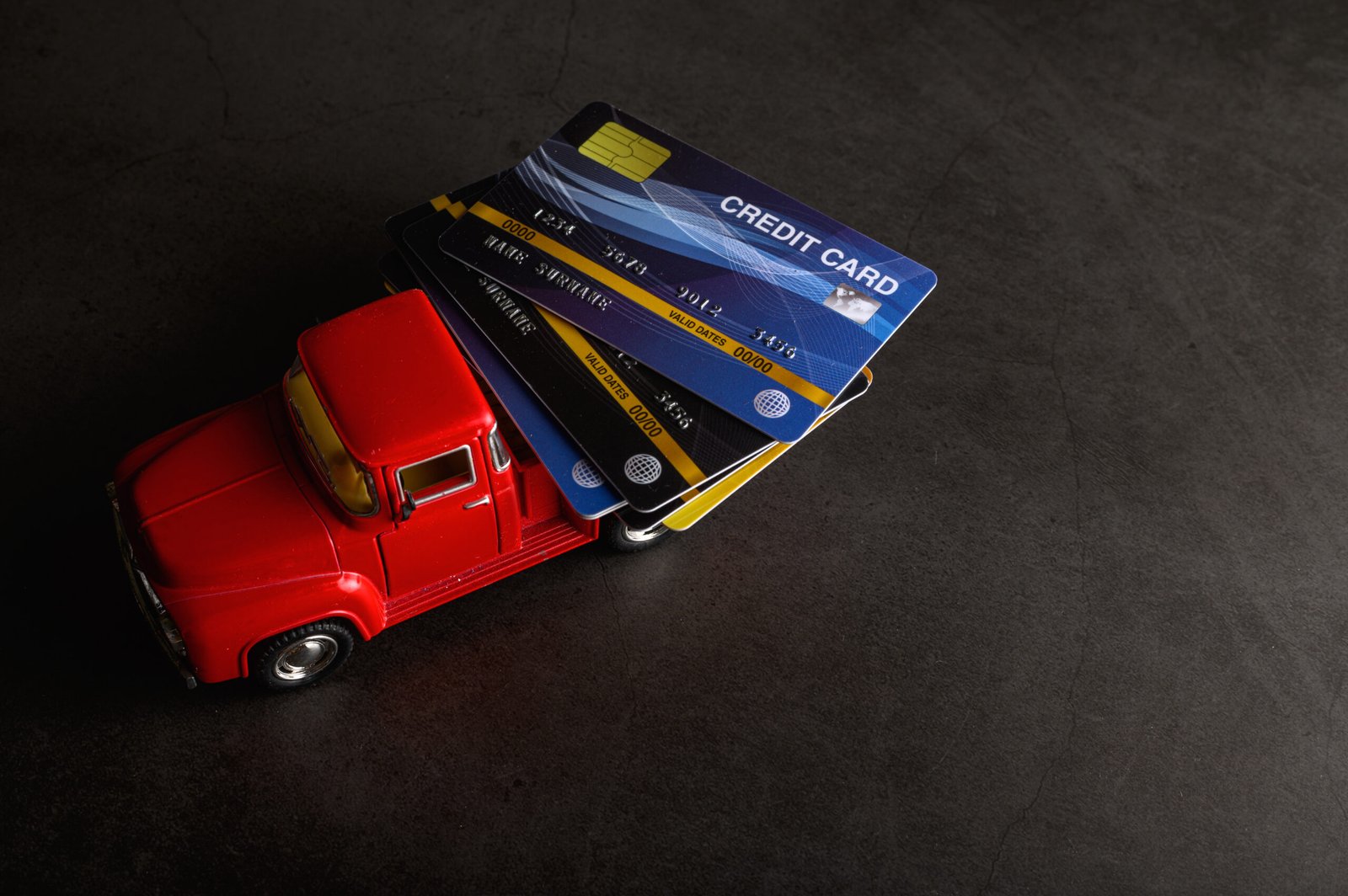News List
Fuel Cards for Commercial Vehicles: Benefits, Types & Cost Savings

In logistics and transport, every litre of fuel counts. For truck fleets, buses, or construction equipment, fuel isn’t just a running cost—it’s one of the biggest expenses that can make or break profitability. For business owners and fleet managers, keeping track of this expense is crucial. That’s exactly where fuel cards step in.
What Exactly Are Fuel Cards?
Think of a fuel card as a specialised debit or credit card for vehicles. Issued by oil companies, banks, or third-party providers, these cards are designed solely for fuel payments at partnered outlets. Beyond just being a payment method, they’re a smart way for businesses to control spending, reduce misuse, and gain full visibility into fuel expenses.
Why Businesses Rely on Fuel Cards
Fuel often eats up 30–40% of a fleet’s operating costs. Without proper monitoring, costs can spiral due to rising prices, misuse, or leakage. Fuel cards solve this by giving businesses:
- Clear Visibility: Every transaction is recorded in real time—no surprises, no hidden costs.
- Smooth Operations: Drivers don’t need to carry cash, and payments happen instantly.
- Smarter Budgeting: Businesses can analyse fuel patterns and plan expenses better.
- Safer Handling: Less cash means fewer risks of theft or misuse.
For logistics companies, construction firms, or even small businesses with a handful of vehicles, fuel cards make day-to-day operations simpler and more efficient.
The Key Benefits
- Track Every Drop
With detailed reports showing when, where, and how much fuel was purchased, managers can easily spot misuse or inefficiencies. - Save More on Every Litre
Many cards come with fuel discounts and partnerships with oil companies. Over time, these savings stack up into serious cost reductions. - Cash-Free Convenience
Drivers no longer worry about carrying cash or filing reimbursements. Businesses benefit from fewer paperwork headaches. - Added Security
PIN-protected cards ensure only authorised staff use them, cutting down the risk of pilferage or fraud. - GST-Friendly
Proper invoices make tax credit claims easier for GST-registered businesses, boosting financial efficiency. - Boosted Productivity
Faster refuelling means drivers spend less time at stations and more time on the road or at project sites.
Types of Fuel Cards
Not every business has the same fuel needs, so providers offer different options:
- Prepaid Cards: Load money in advance; best for small fleets or strict expense control.
- Credit-Based Cards: Fuel now, pay later—helpful for managing cash flow.
- Fleet-Specific Cards: Built for large operators, with analytics, integrations, and bulk discounts.
- Universal Cards: Accepted across multiple brands, perfect for long-haul routes.
Final Word
In today’s competitive commercial vehicle market, efficiency isn’t optional—it’s survival. Fuel cards give businesses the power to cut costs, increase transparency, and improve productivity, all while making life easier for drivers.
Whether you manage one vehicle or an entire fleet, the right fuel card can turn fuel management from a recurring headache into a smart strategy for growth.
